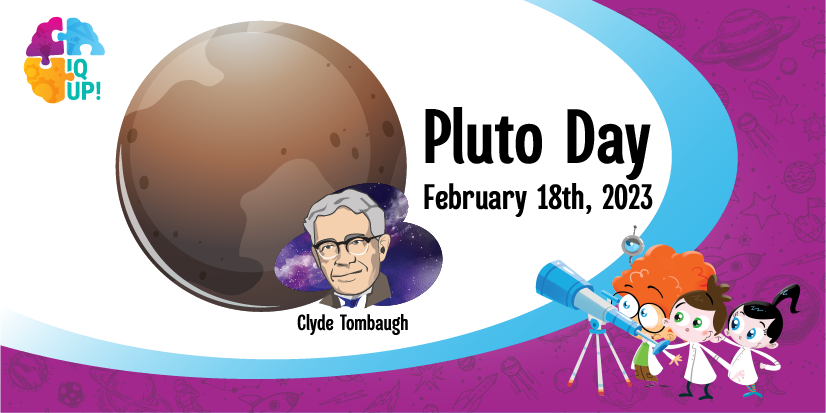Every year on February 18th, astronomers and space enthusiasts around the world celebrate Pluto Day. This is a day dedicated to the discovery and exploration of the planet Pluto, which was first observed on this day in 1930 by American astronomer Clyde Tombaugh.
Pluto is the smallest and farthest planet from the Sun in our solar system, and it has a fascinating history that spans over eight decades of scientific discovery. Here are some of the most interesting facts about Pluto that make it such a unique and mysterious planet:
- Pluto is not a planet, but a dwarf planet In 2006, the International Astronomical Union reclassified Pluto as a “dwarf planet.” This means that while it has many of the characteristics of a planet, it does not meet all of the criteria for being a full-fledged planet.
- Pluto has five known moons Pluto has five moons: Charon, Styx, Nix, Kerberos, and Hydra. Charon is the largest and closest to Pluto, and it’s so big that some scientists consider it to be a binary planet system.
- Pluto is the coldest planet in our solar system Pluto’s average temperature is around -375 degrees Fahrenheit (-225 degrees Celsius). This is colder than the surface of any other planet in our solar system.
- Pluto has a heart-shaped feature One of the most distinctive features of Pluto is a large heart-shaped region on its surface. This feature is known as Tombaugh Regio, in honor of Pluto’s discoverer.
- It takes 248 Earth years for Pluto to orbit the sun Pluto is very far from the sun, and it takes a long time to complete a single orbit. In fact, it takes 248 Earth years for Pluto to complete one trip around the sun.
- Pluto has not been visited by a spacecraft since 2015 The New Horizons spacecraft, launched in 2006, was the first and only spacecraft to visit Pluto. It flew by the planet in July 2015 and provided scientists with detailed images and data about Pluto and its moons.
Pluto may be small and distant, but it has captured the imagination of astronomers and space enthusiasts for nearly a century. On Pluto Day, we celebrate this fascinating and mysterious planet and all of the scientific discoveries that have been made about it.
At IQ UP! we believe that exploring the universe is an essential part of STEM education. We use a unique methodology and innovative teaching approaches to teach kids about astronomy!
Our programs are designed to spark curiosity and inspire kids to dream big. We help kids explore the mysteries of the universe and learn about our solar system, the stars, and beyond. Our expert teachers work with kids to develop their critical thinking and problem-solving skills, while also fostering a love of learning.
We believe that every child has the potential to become a future scientist, astronaut, or engineer. By providing a strong foundation in science, technology, engineering, and math, we help kids develop the skills they need to achieve their goals and make a difference in the world.
So if you’re looking for a fun and engaging way to teach your kids about astronomy and prepare them for a future in STEM, look no further than IQ UP! education. Let’s launch their education to the next level!


